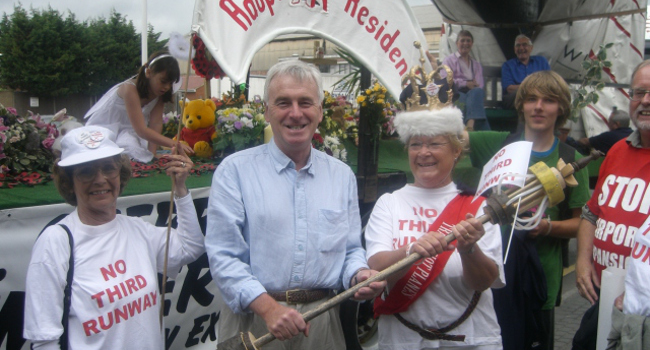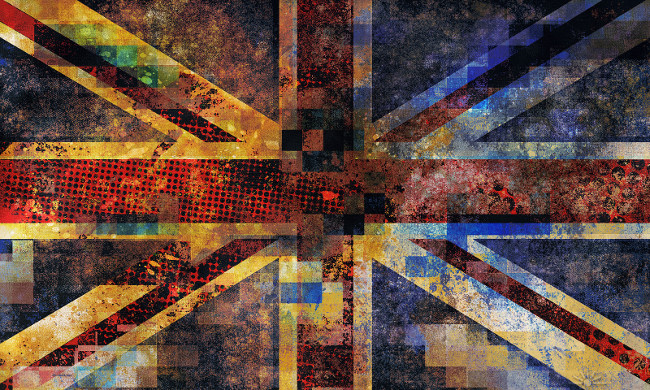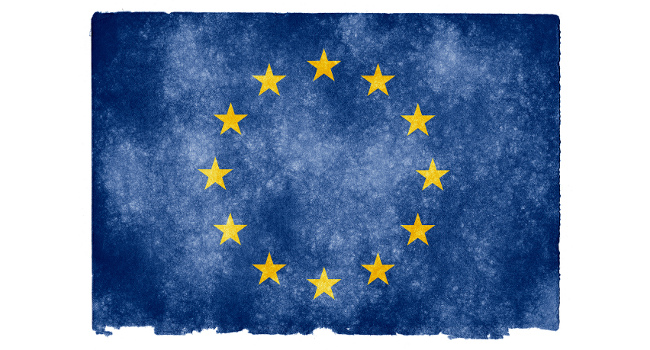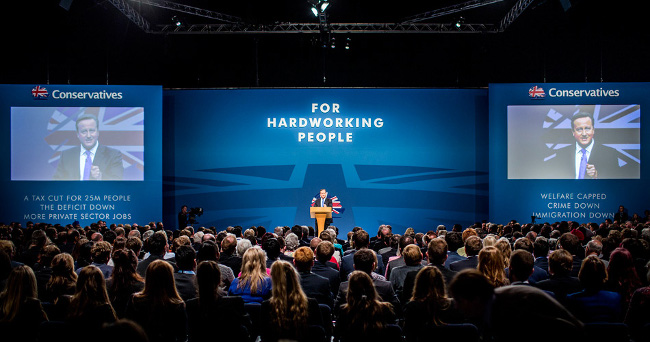The Liberal Democrats are pressing for cannabis legalisation despite a lack of interest from the Home Office after a government report found it would be worth millions to the economy.
A Treasury study commissioned during the days of the coalition government reviewed claims from the Institute for Social and Economic Research that with taxes and reduced court and policing costs a move to legalise cannabis would be worth as much as £1.25bn a year.
Whilst the Treasury disputed the extent of the benefit, it did agree that such a move could be worth as much as £800m. 2.2m people are thought to have used the drug in the last year, smoking 216 tonnes of the stuff.
David Cameron’s Tory government has a long-standing opposition to ending prohibition on cannabis, despite widespread reports that the prime minister himself smoked cannabis whilst at school.
In a canned statement Lib Dem MP Norman Lamb said:
“We must end the hypocrisy of senior politicians admitting to using cannabis in younger years – and describing it as ‘youthful indiscretions’ – whilst condemning tens of thousands of their less fortunate fellow countrymen and women to criminal records for precisely the same thing, blighting their careers.”
He added that “public health education and restrictions at the point of sale” similar to those imposed on regular cigarettes could be used to reduce use of the drug.
The Lib Dems also pointed to benefits found in two American states that have chosen to legalise cannabis. In Colorado early evidence was said to show:
- Any rise in cannabis use has been broadly in line with changes seen elsewhere in the US.
- No increase in road fatalities.
- 59 percent of the recreational market has now been legalised, regulated, and taxed, which is a significant contraction in the untaxed criminal market.
- The state has collected a cumulative revenue total of $73.5m for the first seven months of 2015.
While in Washington State:
- Retail marijuana sales have generated over $80m in tax revenues.
- Violent crime rates have declined.
- State wide rates of youth use and traffic fatalities have remained stable.
In Parliament on Monday MPs debated legalising the cannabis trade, including the production, sale and use of it, after a petition was signed by 220,000 asking them to do so.
Responding to the debate a government spokesman said:
“Substantial scientific evidence shows cannabis is a harmful drug that can damage human health. There are no plans to legalise cannabis as it would not address the harm to individuals and communities. Cannabis can unquestionably cause harm to individuals and society.”
It is not clear why such arguments would not apply to alcohol, cigarettes and sugar. The spokesman went on:
“Legalisation of cannabis would not eliminate the crime committed by the illicit trade, nor would it address the harms associated with drug dependence and the misery that this can cause to families.”
A fair point, since prohibition has clearly been so effective in these regards…
Image Credit – Domingo Na Casa, April 2014 by Circuito Fora do Eixo




